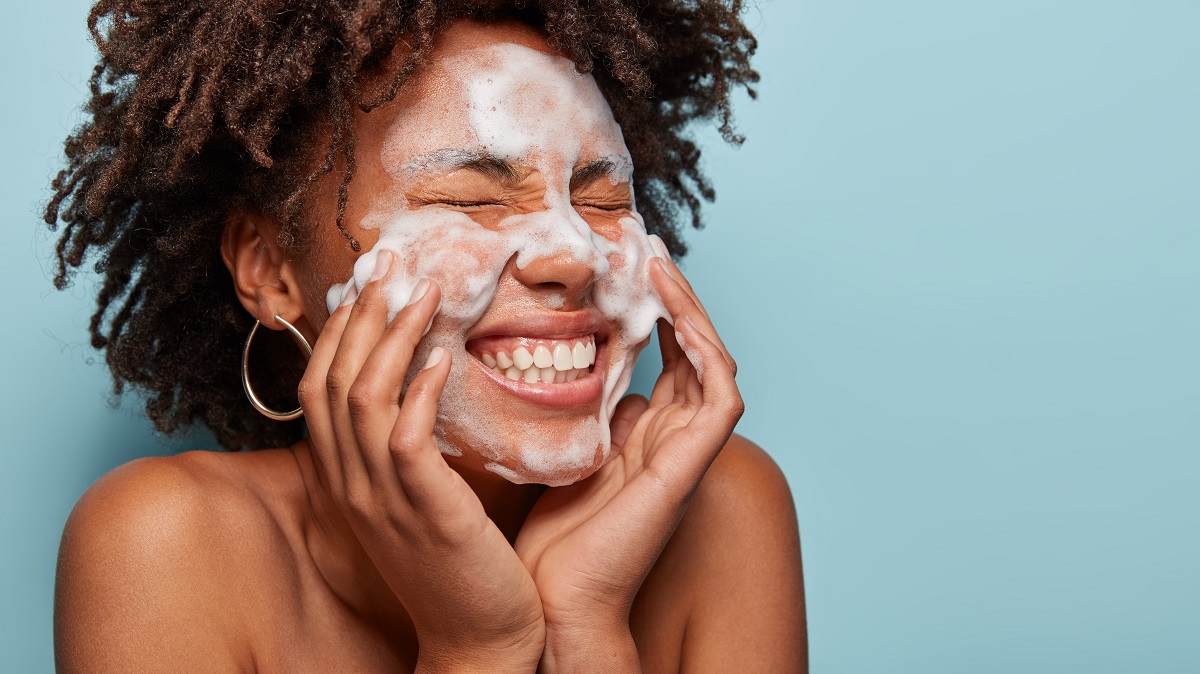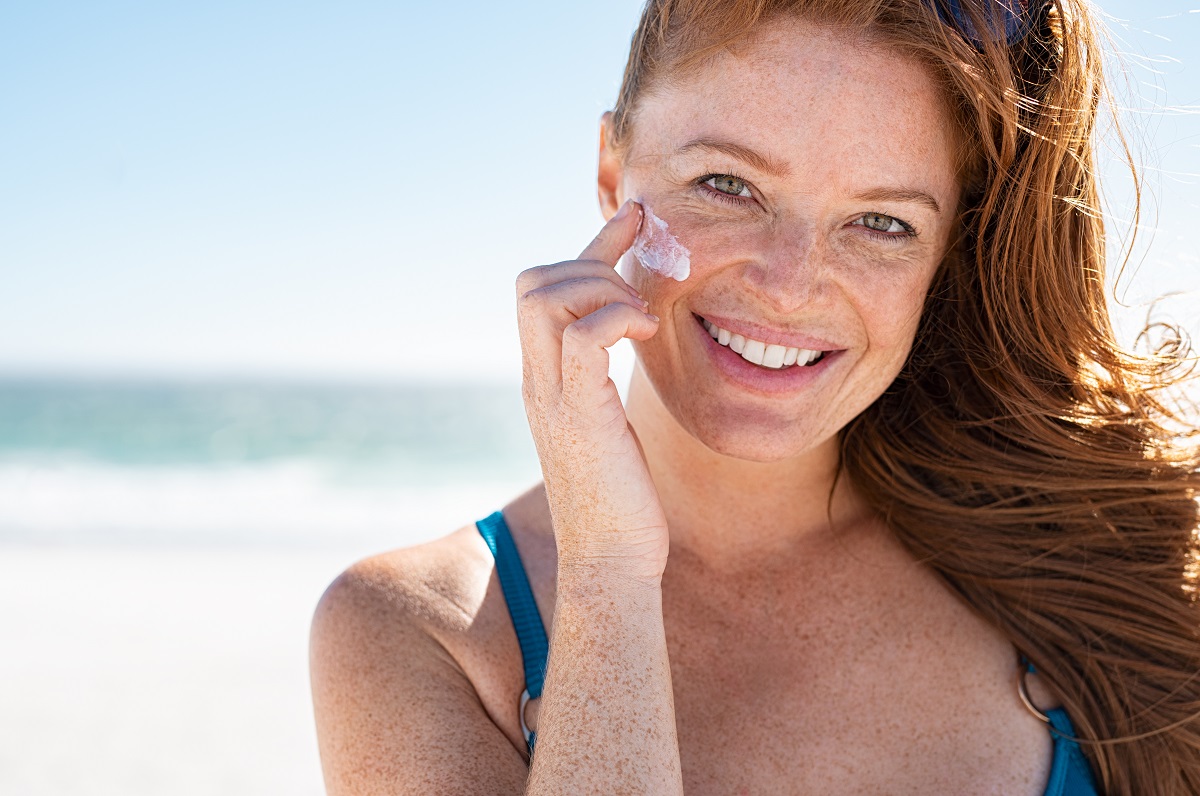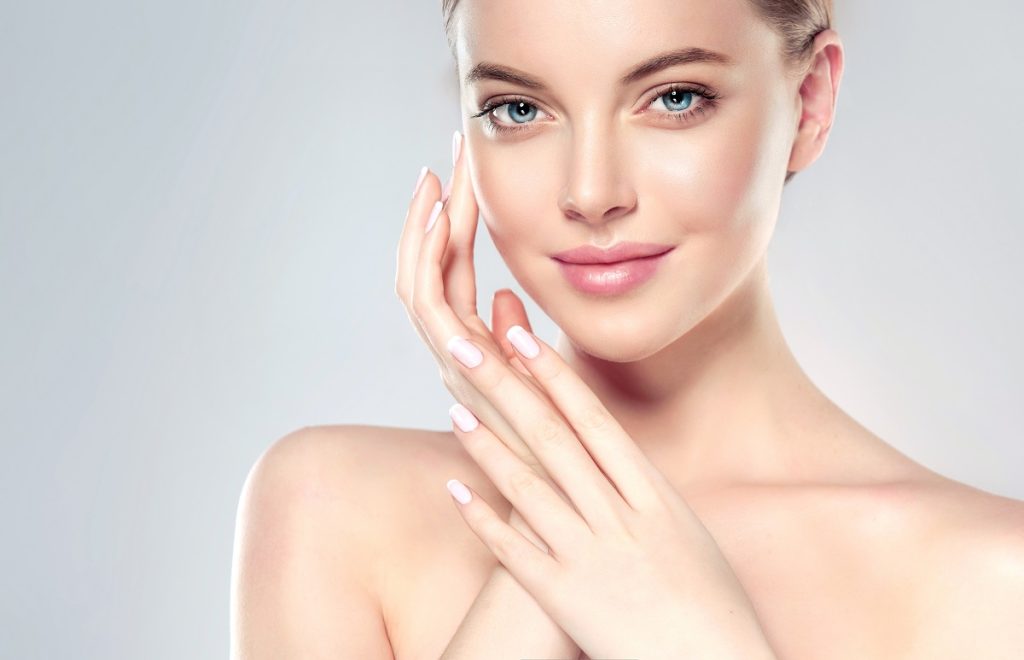- Identifying your skin type—normal, oily, dry, combination, or sensitive—is the first step to crafting a personalized skincare regimen.
- Regular exfoliation removes dead skin cells, unclogs pores, and promotes a smoother complexion, but overdoing it can cause skin damage.
- Daily moisturizing, irrespective of skin type, helps hydrate the skin, maintain its balance, and prevent early aging.
- Applying a broad-spectrum sunscreen daily is essential in shielding the skin from harmful UV rays, preventing premature aging, and reducing the risk of skin damage.
Are you seeking ways to enhance your skincare routine? A well-curated skincare regimen can be transformative, improving not just your skin’s health, but also your confidence. Each step is crucial to achieving that radiant, healthy glow, from the right product selection to the correct application order. This article will explore the best ways to upgrade your skincare routine, personalized to your needs and skin type. Dive in and begin your journey towards better skin health.
Understand Your Skin Type
Understanding your skin type is the first and most crucial step in creating a personalized skincare regimen. It’s the foundation on which all your skincare choices will be built. Skin types primarily fall into five categories: normal, oily, dry, combination, and sensitive. Each type has unique characteristics and requires different care and product selections.
Regular skin, for instance, is neither too dry nor too oily, exhibiting a balanced amount of sebum and moisture. Dry skin, on the other hand, lacks enough oil, causing it to feel tight and potentially flake. Oily skin produces excess sebum, leading to shininess and potential breakouts.
Combination skin is a mix of oily and dry patches, and sensitive skin often reacts adversely to certain products or environmental conditions. Identifying your skin type can guide you in choosing the right products, thus improving their efficacy and overall skin health.
Use the Right Products
Using the right products for your skin type is pivotal to an effective skincare routine. These products range from cleansers, toners, and moisturizers, to sunscreen, each serving a unique purpose. Here are some tips for you:
Invest in a Facial Cleansing Wash

Purifying skin and eliminating impurities with a high-quality facial cleansing wash is integral to any skincare routine. It works to eliminate impurities, such as dirt, oil, and makeup, that can accumulate on your skin throughout the day or night. Selecting a suitable cleanser for your skin type can help ensure your skin remains balanced and healthy.
For instance, if you have oily skin, you may want to opt for a gel-based or foaming cleanser to help manage oil production. On the other hand, those with dry or sensitive skin types may benefit from a cream or oil-based cleanser, which can provide extra hydration and gentle cleansing.
Remember, cleansing aims to purify your skin without stripping it of its natural oils, so avoid harsh cleansers that can leave your skin feeling tight or dry. Enhancing your skincare routine begins with the right cleansing product.
Exfoliate Regularly
Exfoliation is a vital step in any skincare regimen. This process entails exfoliating the outer layer of your skin to eliminate dead skin cells, resulting in a more radiant and velvety complexion. Regular exfoliation can help unclog pores, prevent acne, and even skin tone.
Depending on your skin type, you might choose physical exfoliants, such as scrubs with small particles, or chemical exfoliants, which include products with alpha or beta hydroxy acids. While physical exfoliants can provide immediate results, chemical exfoliants can penetrate deeper, treating issues at the root. For sensitive skin, gentle, non-abrasive exfoliants are recommended.
Despite its benefits, over-exfoliating can be harmful, leading to skin irritation or damage, so it’s crucial to follow guidelines for your skin type. Generally, exfoliating 1-2 times per week is sufficient for most skin types. Remember, always follow with a moisturizer to hydrate your skin after exfoliating.
Use a Toner
Toners are pivotal in maintaining skin health and enhancing your skincare routine. They’re typically applied after cleansing and exfoliating, helping to remove any remaining impurities and balance your skin’s pH levels. Furthermore, toners prep the skin for moisturizers and serum absorption, ensuring these products penetrate and work more effectively.
Depending on their formulation, toners can also offer added benefits. For instance, hydrating toners can provide extra moisture for dry skin types, while balancing toners can help control oil for those with an oily or combination skin type.
To use a toner, simply soak a cotton pad and gently sweep it across your face, paying attention to problem areas. Remember, the goal of using a toner is to remove any lingering residue and restore your skin’s pH balance, thus promoting a healthier, more radiant complexion.
Moisturize Daily
Moisturizing daily is a crucial part of any skincare regimen, regardless of skin type. It helps replenish hydration, maintain skin balance, and prevent premature aging. Moisturizers form a protective barrier on the skin’s surface, trapping in water and preventing it from evaporating.
A hydrating moisturizer can deliver immediate relief and long-lasting hydration for dry skin. Conversely, if you have oily skin, selecting a lightweight, oil-free moisturizer can provide necessary hydration without clogging pores. Remember, even acne-prone skin needs hydration, so don’t skip this step for fear of causing breakouts.
Furthermore, many moisturizers have benefits such as SPF, antioxidants, or anti-aging ingredients, catering to various skincare needs and concerns. Regardless of your specific product, apply moisturizer daily, ideally after cleansing and toning, to keep your skin hydrated, radiant, and healthy.
Apply Sunscreen

Applying sunscreen is indispensable in every skincare routine, as the final defense against harmful solar radiation. Daily application of a broad-spectrum sunscreen is recommended, as it protects your skin against UVB rays—responsible for sunburn—and UVA rays, which contribute to skin aging and the development of skin cancer.
It is recommended to use sunscreen with a minimum Sun Protection Factor (SPF) of 30. This level of SPF can block around 97 percent of harmful UVB rays. It’s important to remember that sunscreen should be used for all skin types, regardless of pigmentation or climate.
Non-comedogenic sunscreens are available for those with oily or acne-prone skin that won’t clog pores. Including this step in your routine can help maintain skin health, preventing premature aging and reducing the risk of skin damage. Apply generously and reapply every two hours—or immediately after swimming or excessive sweating—for optimal protection.
In conclusion, upgrading your skincare routine takes more than just haphazardly buying and using products. Start today, because nothing beats a well-curated skincare routine personalized to your needs. Don’t wait for tomorrow, start your journey towards better skin health now!

